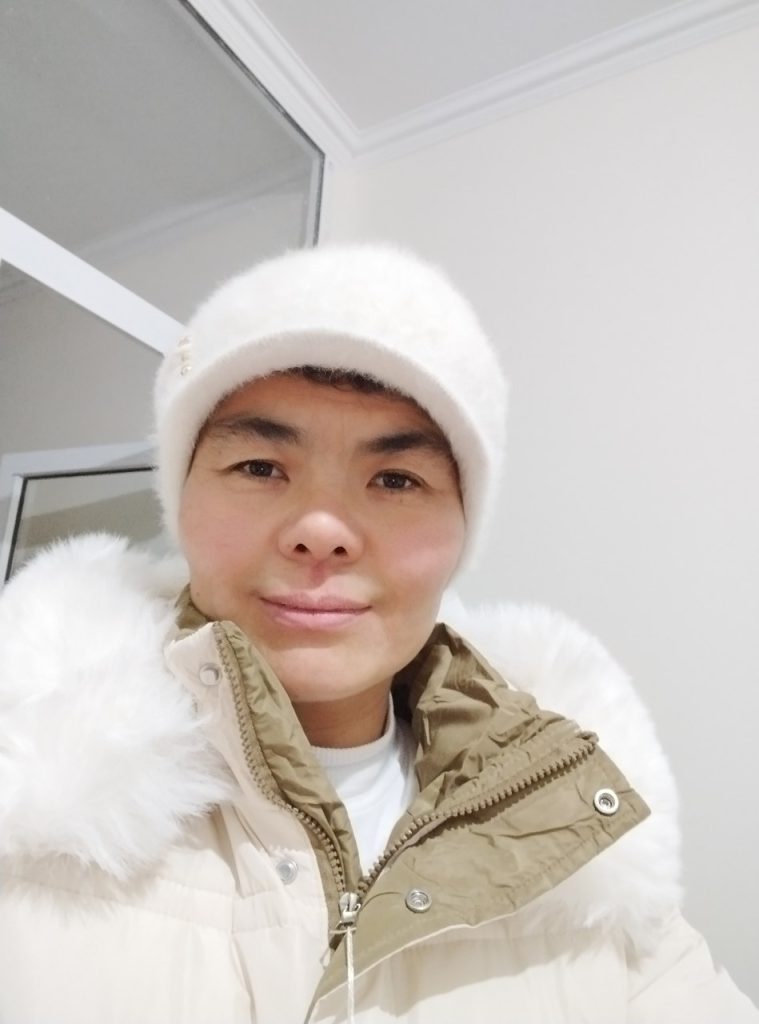
Beautiful Writing
When I recall my distant school days, one event never leaves my memory. Our school primarily focused on subjects such as mathematics and physics, as there were more teachers for those subjects. Due to a lack of teachers for native language, literature, and history, teachers from the fields of mathematics or biology would often teach these subjects instead. Often, lessons of native language and literature were replaced with physics and mathematics classes.
One day, a native language and literature teacher arrived from a faraway village to our dear school. Although no one had seen the new teacher yet, the whole village was buzzing with talk about her. There were rumors circulating that she was “very strict,” that she would “kick any student out of class who didn’t participate,” or that she would “keep us in class until the evening.” Finally, the much-anticipated moment arrived. A teacher, who seemed to be in her early twenties or mid-twenties, entered our classroom, accompanied by the director. She had a pleasant demeanor, a good posture, and a smile on her face. The director introduced the teacher, wishing us success in the new academic year before leaving the class.
All twenty students in the class couldn’t take their eyes off the teacher. Our native language and literature teacher, with great kindness, read our names from the class journal and went through each one of us, introducing herself. Thus, our first lesson became an introductory session. Our new teacher made an effort to conduct lessons in a simpler and more engaging manner. We, the model students, believed that the subjects of native language and literature were not particularly difficult.
Soon, the lesson processes began. One day, our favorite teacher assigned us to write an essay about our favorite character. We all completed the assignment and submitted it to the teacher. During the next lesson, our teacher reviewed the essays, corrected them, and returned them to us. Almost all of us received very low grades. Our notebooks were marked with red ink, indicating that grammatical mistakes had been corrected. For some reason, many of us wrote poorly and unclearly. Whispers and noisy expressions of surprise began in the classroom. Even the top students in the class received bad grades.
One classmate, despite his poor handwriting, insisted on the importance of writing without mistakes, while others argued that the minor punctuation errors did not count as significant mistakes. Sensing the wave of discussions rising in the class, our teacher finally spoke up, as always in a calm but serious tone, “Dear students! Writing without mistakes reflects one’s literacy. Beautiful handwriting demonstrates valuable moral qualities. Writing poorly, with spelling mistakes, does not suit you. Such shortcomings must be addressed.” We all sat in silence. The lesson ended in that manner.
After the lessons, the upper-grade students scattered to their respective homes. Some were searching for something in books late at night, pondering how to write without mistakes. Others tried to emulate the elegant letters they saw in books to improve their handwriting. Meanwhile, some of us, as if pretending to be bankrupt business people or bosses who had made mistakes somewhere, watched television. Others, disregarding it, felt that this issue was not a matter of life and death. Deep down, they were agitated and embarrassed. Each of us wrestled with the question of “How could I have made so many mistakes in my writing?” It troubled our conscience to be in high school yet make so many errors. Everyone hoped that this process would pass more quickly.
Gulsora Mulikboyeva, 4th-year student of the “Life Safety in Activities” program at Samarkand State University of Architecture and Construction.
